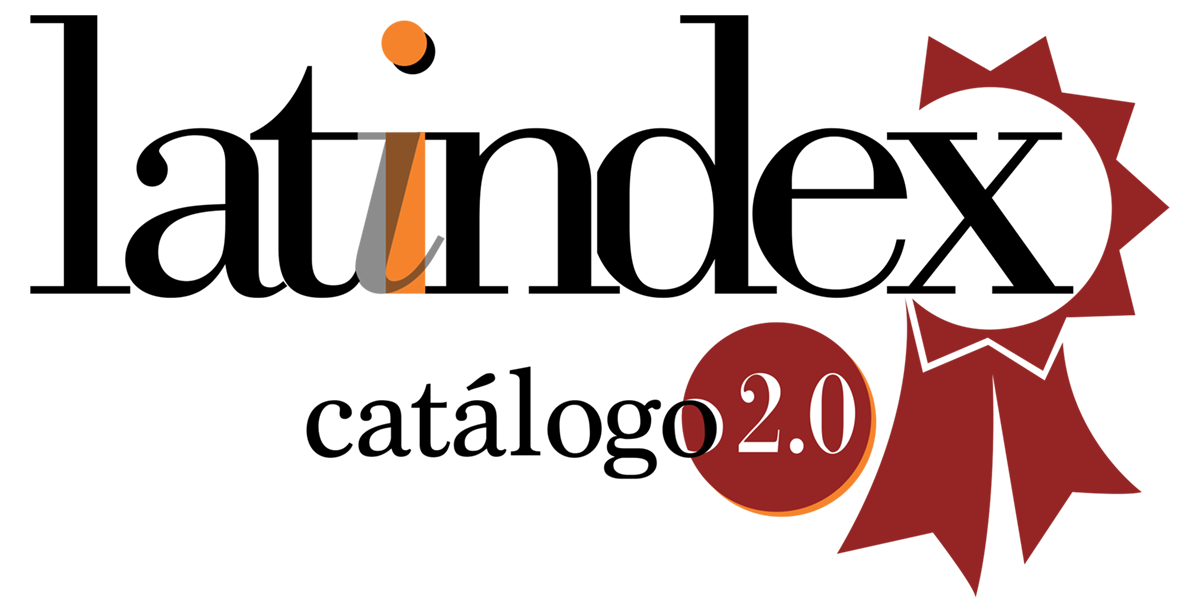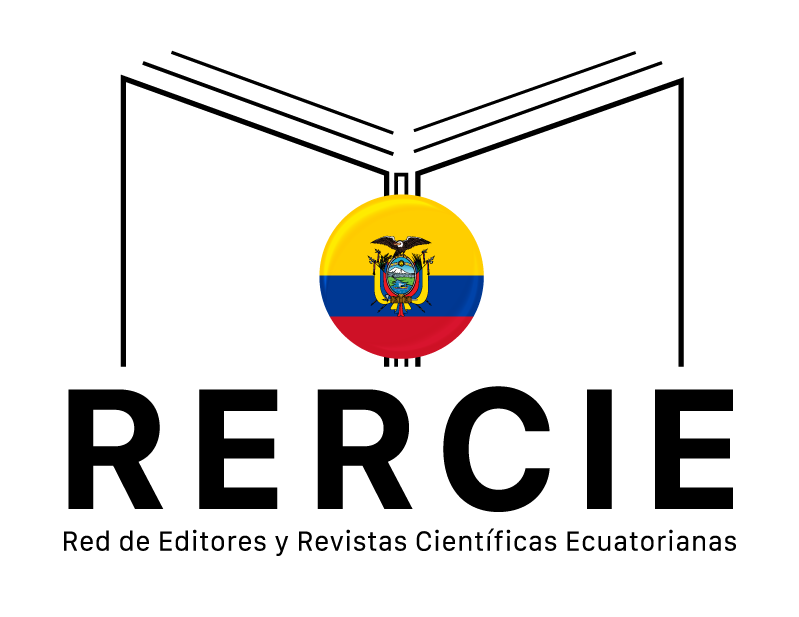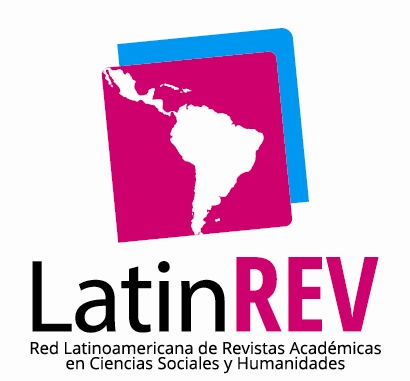El impacto de la pandemia de COVID-19 en el turismo de la Península Balcánica
Resumen
El turismo es uno de los sectores económicos más afectados por la pandemia del COVID-19 a nivel global. Para evaluar las consecuencias provocadas por el confinamiento y las restricciones de los viajes a zonas turísticas, es necesario realizar análisis regionales. La península Balcánica es una de las tres grandes penínsulas del sur de Europa. Los recursos turísticos naturales y antropogénicos de la Península siempre han sido un requisito para el desarrollo de la zona como un destino turístico atractivo. El acceso al Mar Negro en el este, al Mar Egeo en el sur y a los mares Adriático y Jónico en el oeste definen el interés de los turistas al turismo de sol y playa. En las montañas de la península Balcánica como: Rila, Pirin, Ródope y los Montes Balcanes, que dieron el nombre de la península, se hallan algunas de las famosas estaciones internacionales de esquí. En estas zonas se han desarrollado varias rutas de senderismo y existen las condiciones propicias para el ecoturismo. Por eso, el objetivo principal del artículo es analizar el impacto de la pandemia en el turismo de los países que se encuentran totalmente en esta región de Europa. Se analizan los datos oficiales sobre los principales indicadores turísticos de los países que se encuentran íntegramente en el territorio de la Península Balcánica (Albania, Bosnia y Herzegovina, Bulgaria, Grecia, Kosovo, Macedonia del Norte, Montenegro).
Descargas
Citas
Adriatic coast. (n.d.). Albania. Retrieved September 20, 2021, from https://albania.al/destinations/adriatic-coast/
Albania. (n.d.). UNESCO. Retrieved September 20, 2021, from https://whc.unesco.org/en/statesparties/al
Basnyat, S., & Sharma, S. (2021). Effects of COVID-19 crisis on small and medium-sized hotel operators: insights from Nepal. Anatolia, 32(1), 106–120. https://doi.org/10.1080/13032917.2021.1879184
Bejtović, U., Mulić, A., & Bagarić, Z. (2008). Conference in support of tourism development in BiH. Europa. Retrieved September 26, 2021, from https://europa.ba/wp-content/uploads/2015/05/delegacijaEU_2011121406473576eng.pdf
Benítez-Aurioles, B. (in press). How the peer-to-peer market for tourist accommodation has responded to COVID-19. International Journal of Tourism Cities.
Bigne, E., Jenkins, C., & Andreu, L. (2020). Effects of COVID-19 on consumers’ intention to book AIRBnB: an empirical study in US and Spain. Revista Economia Industrial, 418. https://www.mincotur.gob.es/Publicaciones/Publicacionesperiodicas/EconomiaIndustrial/RevistaEconomia
Industrial/418/Bigne%CC%81,%20Jenkins%20y%20Andreu.pdf
Bosnia and Herzegovina. (2021). UNESCO. Retrieved September 20, 2021, from https://whc.unesco.org/en/statesparties/ba
Byanov, I. (2021). Quality of Life in Bulgaria. COVID-19 What is Next? in Proceedings of 4rd International Conference Southeast Europe: History, Culture, Politics, and Economy. Filodiritto Publisher.
Celik, S., & Atac, B. (2021). The Effects of the Covid-19 Pandemic on Travel Agencies: Evidence from Turkey. Journal of Tourism Quarterly, 3(3), 166–176. http://htmjournals.com/jtq/index.php/jtq/article/view/39
Country profile. (n.d.). Discover Montenegro. Retrieved September 22, 2021, from https://www.discover-montenegro.com/country-profile/
Dedeoğlu, B. B., & Boğan, E. (2021). The motivations of visiting upscale restaurants during the COVID-19 pandemic: The role of risk perception and trust in government. International Journal of Hospitality Management, 95, 102905. https://doi.org/10.1016/j.ijhm.2021.102905
del Chiappa, G., Bregoli, I., & Fotiadis, A. (2021). The Impact of Covid-19 on Italian Accommodation: A Supply-Perspective. Journal of Tourism, Heritage & Services Marketing, 7(1), 13–22. https://doi.org/10.5281/zenodo.4516187
Geography of Greece. (n.d.). Greeka. Retrieved September 16, 2021, from https://www.greeka.com/greece-geography/
GLOBAL AND REGIONAL TOURISM PERFORMANCE. (2021). UNWTO. Retrieved October 1, 2021, from https://www.unwto.org/global-and-regional-tourism-performance
Greece. (2021). UNESCO. Retrieved September 20, 2021, from https://whc.unesco.org/en/statesparties/gr
Gupta, V., & Sahu, G. (2021). Reviving the Indian hospitality industry after the Covid-19 pandemic: the role of innovation in training. Worldwide Hospitality and Tourism Themes, 13(5), 599–609. https://doi.org/10.1108/WHATT-05-2021-0065
Hardi, T., Kupi, M., Ocskay, G., & Szemerédi, E. (2021). Examining cross-border cultural tourism as an indicator of territorial integration across the Slovak–Hungarian border. Sustainability, 13(13). https://doi.org/10.3390/su13137225
Ivanova, M., Ivanov, I., & Ivanov, S. (2021). Travel behaviour after the pandemic: the case of Bulgaria. Anatolia, 32(1), 1–11. https://doi.org/10.1080/13032917.2020.1818267
K C, A. (2021). Role of policymakers and operators towards tourism revival in the era of COVID-19 in Nepal. Journal of Tourism Quarterly, 3(2), 98–112. http://htmjournals.com/jtq/index.php/jtq/article/view/27
Kostadinova, N. (2020). Development of Conference Hospitality Product in Veliko Tarnovo under the Conditions of COVID-19. Socio-Economic Analyses, 12(2), 199–208. http://journals.uni-vt.bg/sia/bul/vol12/iss2/7
Macedonia Tourism. (n.d.). Travel to Macedonia. Retrieved September 18, 2021, from https://travel2macedonia.com/tourism
Naumov, N., Varadzhakova, D., & Naydenov, A. (2021). Sanitation and hygiene as factors for choosing a place to stay: perceptions of the Bulgarian tourists. Anatolia, 32(1), 144–147. https://doi.org/10.1080/13032917.2020.1771742
Organización Mundial del Turismo (2019), Notas metodológicas de la base de datos de estadísticas de turismo, edición 2020, OMT, Madrid, DOI: https://doi.org/10.18111/9789284421473 .
Terziyska, I., & Dogramadjieva, E. (2021). Should I stay or should I go? Global COVID-19 pandemic influence on travel intentions of Bulgarian residents. SHS Web of Conferences, 92, 01048. https://doi.org/10.1051/shsconf/20219201048
Varadzhakova, D. (2017). Analysis of the Tourists’ Flows to Bulgaria from the Neighboring Emitting Markets. Journal Оf Contemporary Economic Аnd Business Issues, 4(2), 97–111. https://journals.ukim.mk/index.php/jeccf/article/view/153/101
Varadzhakova, D., & Felix Mendoza, A. G. (2020). Socio-economic effects of the COVID-19 pandemic on the competitiveness of the tourism industry (the cases of Bulgaria and Ecuador). In Academia de Studii Economice din Moldova (Ed.), Culegere de articole ştiinţifice ale Conferinţei Ştiinţific Internaţional ”Competitivitate şi Inovare în economia cunoaşterii” (pp. 264–272). https://irek.ase.md/xmlui/bitstream/handle/1234567890/952/VARADZHAKOVA-D_%20MENDOZA-A-G-F_Conf%20ASEM_25%20%E2%80%93%2026%20septembrie%202020_Articole.pdf?sequence=1&isAllowed=y
Varadzhakova, D., Naydenov, A., Naumov, N., Rahmanov, F., Gojayeva, E., & Suleymanov, E. (2021). Travel Intentions After Covid-19: A Comparative Assessment of Tourist Motivation and Willingness to Travel in Bulgaria and Azerbaijan. Socio-Economic Analyses, 13(1), 37–48. http://journals.uni-vt.bg/sia/bul/vol13/iss1/5
Vij, M., Upadhya, A., & Abidi, N. (2021). Sentiments and recovery of the hospitality sector from Covid-19 – a managerial perspective through phenomenology. Tourism Recreation Research, 46(2), 212–227. https://doi.org/10.1080/02508281.2021.1902658
World Tourism Organization. (2021). International Tourism Highlights 2020 Edition. UNWTO. Retrieved July 1, 2021, from https://www.e-unwto.org/doi/pdf/10.18111/9789284422456










